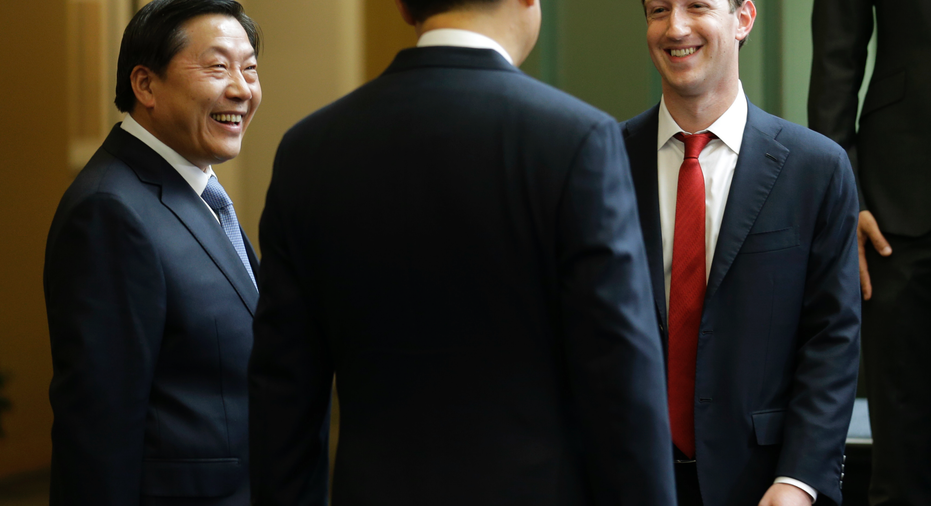China says ex-top internet regulator under investigation

BEIJING – China's former top internet regulator and censor is being investigated by the ruling Communist Party's anti-corruption arm, the agency said Tuesday.
The party's anti-graft watchdog agency said in a brief statement on its website that Lu Wei is suspected of "serious violations of discipline." Until Tuesday's announcement, Lu had been deputy head of the party's propaganda department.
Lu was known as a hard-liner responsible for leading the government's efforts to tighten control over domestic cyberspace and championing the party's position that governments have a right to filter and censor their countries' internet.
He wielded enormous power over what 700 million Chinese internet users could view online and acted as gatekeeper for technology companies wishing to do business in China.
No details were given in Tuesday's announcement, which comes after a party congress at which President Xi Jinping was given a second five-year term as party chief. Lu is the most senior Chinese official to be investigated since the party congress closed late last month.
Lu was suddenly replaced as cyberspace chief in June last year by his deputy, Xu Lin. Lu held on to his concurrent position of deputy head of propaganda but kept what observers thought was an uncharacteristically low profile.
Appointed in 2014 as China's top internet regulator, Lu held high-profile meetings with top executives from foreign technology and internet companies, including Apple chief executive Tim Cook, Microsoft's Satya Nadella, and Facebook founder Mark Zuckerberg.
Lu took a hard line in demanding tough security checks on imported foreign tech products and keeping out foreign internet companies and social networks like Facebook in the name of preserving social stability.
Lu's departure from the position has not led to any changes or easing of such demands and restrictions on information.
In recent years China has pushed cybersecurity regulations aimed at limiting technology imported from the West, which Beijing officials say is necessary given Edward Snowden's allegations of U.S. spying via "backdoors" inserted in exported U.S.-made hardware.
Lu worked his way up the ranks of China's official Xinhua News Agency from a reporting job in the city of Guilin in southern Guangxi province in the early 1990s to becoming the agency's vice president from 2004 to 2011. He was vice mayor of Beijing from 2011 to 2013.



















